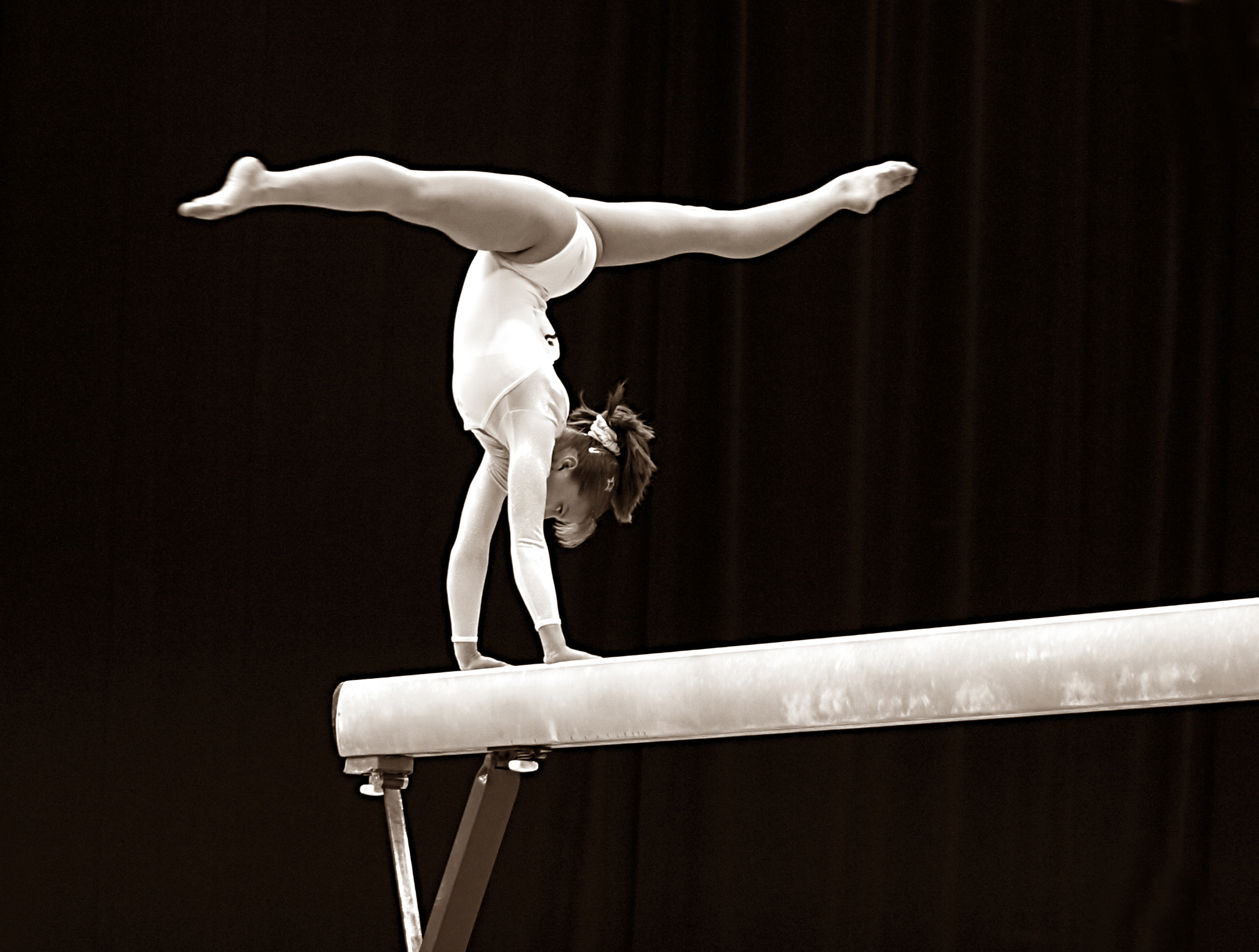This summer Simon Biles made a miraculous comeback from the “twisties” that caused her to leave the Tokyo Olympics two years ago. How did she do it? She let go and focused on other more important things in life. In other words, she “Wu-Weid” her way into success.
What’s Wu-Wei? It is is the art of “trying not to try.” Wu-wei (无为) is a concept from Chinese philosophy, particularly associated with Daoism (Taoism). It can be translated as “non-action,” “effortless action,” or “actionless action.” Wu-wei is a fundamental idea in Daoism and has also influenced other Chinese philosophical and cultural traditions.
Here is how this ancient Chinese philosophy can help you land a slam-dunk in the modern Western world.
Understanding Worry and Fear
Worry and fear are universal human experiences that can greatly affect our well-being, hinder our progress, and keep us from living fulfilling lives. These emotions can be paralyzing, preventing us from pursuing our dreams and enjoying the present moment.
While some level of concern is natural and can serve as a protective mechanism, excessive worry and fear can become counterproductive. It can block our creativity and our ability to notice things outside of ourselves. At the end of the day, worry is really a form of self-centered fear. If you are so focused on yourself, you cannot connect with anyone or anything else.

Wu-Wei: The Art of Non-Doing
This is where Wu-Wei comes in. It takes the pressure off. By not doing, you free your mind and body to literally go with the flow – of the universe.
Wu-Wei, which translates to “non-action” or “effortless action” in Chinese philosophy, offers profound insights into conquering worry and fear. This concept, rooted in Daoism (Taoism), encourages us to let go of excessive striving and instead flow with the natural rhythms of life. Wu-Wei teaches us to find harmony by relinquishing control and trusting in the universe’s unfolding. Wu-wei is not about inaction or laziness, but rather about finding the most natural and effective way to act in a given situation. It emphasizes the idea that sometimes the best action is no action or very minimal action.
Wu-wei at Work and the Fit Life
Have you ever had the experience at work where a lot of people are involved in a project and an email chain gets out of control with everyone weighing in and crossing communications? Do you ever notice sometimes that when you take a break and don’t respond, after a few hours the situation just resolves itself? That is the Wu-Wei in action. Sometimes when people are eager to show off their knowledge or contributions it can obfuscate the true objective. Directing your energy towards something that is more in your control rather than following everyone else down the rabbit hole can sometimes be the best path to your personal growth and productivity.
This doesn’t mean put your head in the sand and don’t take responsibility. But sometimes we engage in a transference action with our anxieties, or on the receiving end of that, and it has a domino effect. Remember, someone else’s anxiety does not have to become your anxiety.
This is similar to when you are trying or retrying something, like running, a new sport, or a fitness class. You are going to feel awkward and unfamiliar at first. But if you shift the focus to “not trying” and view it as inconsequential if you completely flail around, you might just end up having fun and you will see improvement with time.
Here are some key principles of Wu-Wei:
- Embracing the present moment: Wu-Wei emphasizes the importance of being fully present in the here and now. When you immerse yourself in the present moment, worries about the future lose their grip.
- Letting go of attachment: Attachments to specific outcomes or rigid plans can breed fear and anxiety. Wu-Wei teaches us to release these attachments, allowing life to unfold organically.
- Cultivating inner stillness: By quieting the mind through practices like meditation or mindfulness, we can reduce the mental chatter that often feeds worry and fear.
- Acting in alignment with nature: Wu-Wei encourages us to observe the natural world and learn from its effortless flow. When we align our actions with the natural order of things, we experience less resistance and struggle.

Trying Not to Try: The Paradox of Effort
In his book “Trying Not to Try,” Edward Slingerland explores the paradoxical idea that trying too hard can lead to failure, while embracing spontaneity and ease can lead to success. This concept resonates with Wu-Wei, as both emphasize the power of non-forcing.
Here’s how to apply “trying not to try” to conquer worry and fear:
- Acceptance of imperfection: This is a big one for us Type A people. Recognize that perfection is an illusion, and trying to control every aspect of your life can be exhausting and anxiety-inducing. Embrace imperfection and allow room for mistakes.
- Surrender to the process: Trust that things will work out as they should. Instead of constantly striving for a particular outcome, focus on doing your best in the present moment.
- Mindful action: Engage in actions that align with your values and goals, but do so with mindfulness and without excessive attachment to the result. This approach reduces fear of failure.
- Cultivate self-compassion: Be kind to yourself when worries and fears arise. Self-compassion helps you navigate challenging emotions with greater resilience.
If you Have Faith, You Have Wu-Wei
You don’t need to believe in God or be religious to have Wu-Wei. If you do practice a religion, you will know faith is the backbone for many of them, whether it be Christianity, Judaism, or Islam. One smart person who mentors me once put it this way – the key to faith is 1) Believing there is a God 2) Understanding when you are trying to play God. That sounds basic, but how many times have you tried to control a situation because you are unable to dissociate from your expectations of a result or how it has to go a certain way? Once you get that problem off the throne, you will have clarity that the issue will eventually resolve, and allow the space for the “behind the scenes work” of the universe. The Wu-Wei.
I am reminded of this message when I watch Joel Osteen’s sermon “God’s Got This.”
Here is an excerpt from the message that really gets at it:
You may have enemies coming against you, but you have an advantage. God has placed you out of reach. They can’t defeat you. They can’t keep you from your destiny.Is something weighing you down today? Are you worried about a situation, frustrated by what didn’t work out, or maybe down on yourself because you’re not where you thought you would be? God is saying to you “I’ve got this. It’s not a surprise to me. I have new beginnings. I have healing. I have breakthroughs. I’m asking you to change your perspective. Switch over into faith.
Joel Osteen, God’s Got’ This
Change your perspective. Switch over into faith. That’s when you start trying and start seeing your dreams materialize.






